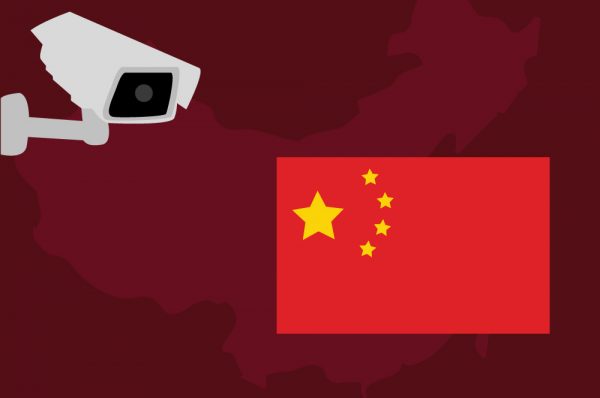
(Kaitlyn Beukema/Michigan News)
If your quality of life depended on a surveillance-focused rating system that tracked your behavior, how would you fare? In a newly published study, U-M researcher Muzammil Hussain and his doctoral students analyzed the processes and stakeholders involved in China’s Social Credit System (SCS)—a new punishment/reward program that uses scores to determine whether citizens and organizations are able to access education, markets, and tax deductions, among other things.
The system works like this: People could lose rating points for jaywalking, which could hinder their children from enrolling in the best schools. Perhaps helping someone in need could boost one’s rating, thus leading to better interest rates at a bank. SCS also features new technologies and innovations, like facial recognition cameras at various checkpoints to track citizens’ actions without their knowledge or consent. Police can easily find criminals using this technology, but also catch innocent people breaking the law or misbehaving, Hussain said. China is scheduled to deploy this ranking system of all 1.4+ billion citizens by 2020, but various prototypes already have been deployed.
